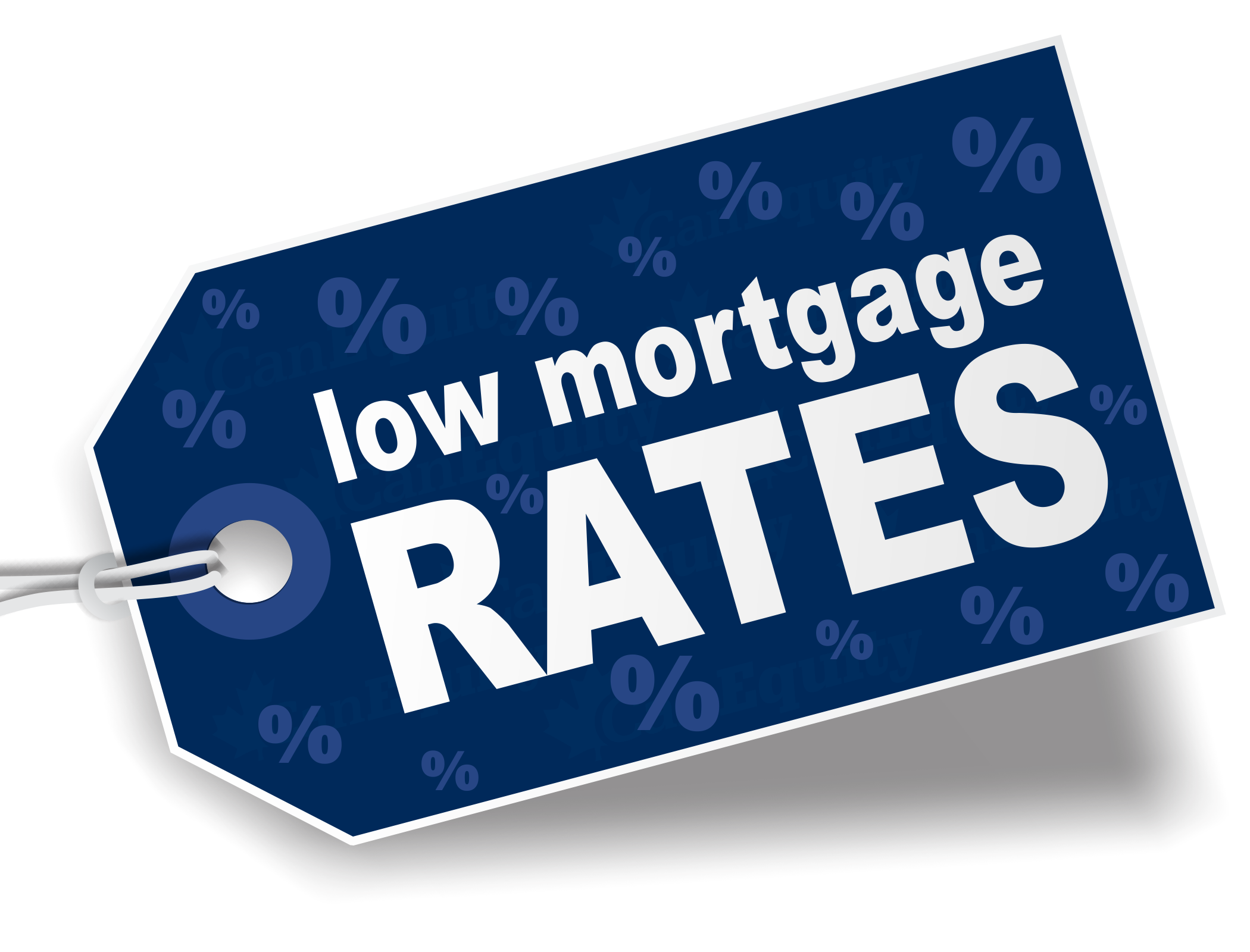Buying a home is one of the biggest financial decisions you’ll ever make. A mortgage is a significant financial commitment that you’ll be paying off for years to come. Securing the best mortgage rates can help to save you thousands of dollars in interest over the life of your loan. In this article, we’ll discuss some tips and tricks for securing the best mortgage rates.
- Improve Your Credit Score
Your credit score plays a significant role in determining the interest rate you’ll receive on your mortgage. The higher your credit score, the lower your interest rate will be. Before applying for a mortgage, take steps to improve your credit score. This may include paying off outstanding debts, correcting errors on your credit report, and making all of your payments on time.
2. Save for a Down Payment
The more money you can put down on your home, the better your mortgage rate will be. Lenders see a larger down payment as a sign of financial responsibility, and they may offer you a lower interest rate as a result. Aim to save at least 20% of the purchase price for a down payment, if possible.
3. Shop Around
Don’t settle for the first mortgage offer you receive. Shop around and compare rates from multiple lenders. You may be able to negotiate a better rate or find a lender who offers more favorable terms. Use online mortgage comparison tools to help you compare rates and find the best deal.
4. Consider a Shorter Loan Term
A shorter loan term may result in a lower interest rate. While a 30-year mortgage may have a lower monthly payment, a 15 or 20-year mortgage may offer a lower interest rate and save you thousands of dollars in interest over the life of the loan.
5. Pay Points
Points are fees that you pay upfront to your lender in exchange for a lower interest rate. Each point is equal to 1% of your loan amount. Paying points may make sense if you plan to stay in your home for a long time and want to save money on interest over the life of the loan.
6. Consider an Adjustable Rate Mortgage
An adjustable rate mortgage (ARM) may offer a lower interest rate than a fixed-rate mortgage. With an ARM, your interest rate will adjust periodically based on market conditions. While this can be a riskier option, it may make sense if you plan to sell your home before the interest rate adjusts.
7. Get Preapproved
Getting preapproved for a mortgage can help you secure a better interest rate. Preapproval shows that you’re a serious buyer and that you have the financial means to purchase a home. It also gives you an idea of how much house you can afford, so you don’t waste time looking at properties that are outside of your budget.
8. Lock in Your Rate
Once you’ve found the right mortgage, lock in your interest rate. Interest rates can fluctuate daily, so locking in your rate ensures that you’ll receive the rate you were quoted. Be sure to ask about the length of the lock-in period and any fees associated with locking in your rate.
9. Keep Your Debt-to-Income Ratio Low
Your debt-to-income ratio is the amount of debt you have compared to your income. Lenders use this ratio to determine whether you can afford to make your mortgage payments. Aim to keep your debt-to-income ratio below 43%. If your ratio is higher, take steps to pay down your debts before applying for a mortgage.
10. Work with a Mortgage Broker
Working with a mortgage broker can help you find the best mortgage rates and terms for your needs. Mortgage brokers work with multiple lenders and can help you find the best deal. Be sure to research potential brokers and read reviews before choosing one.
